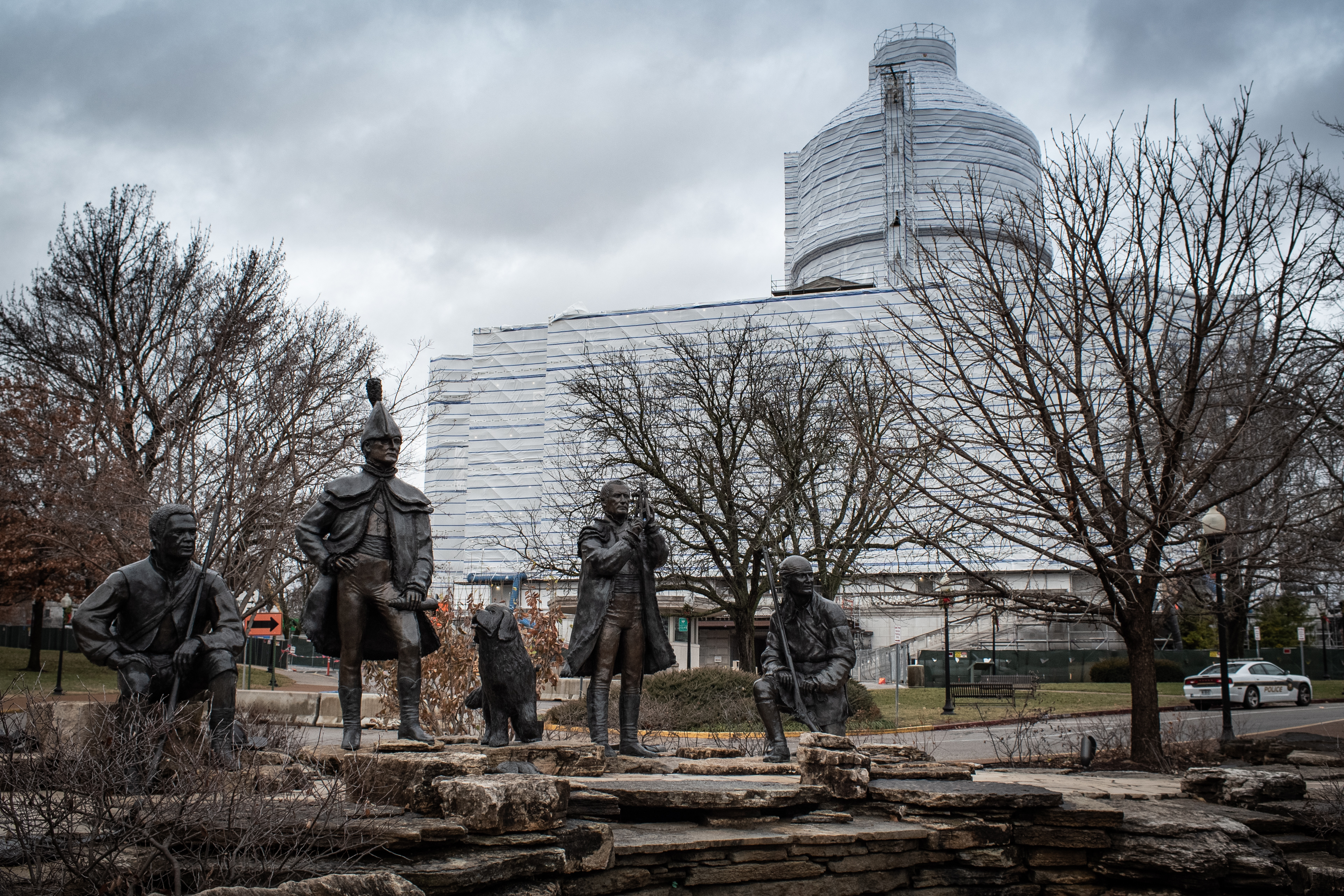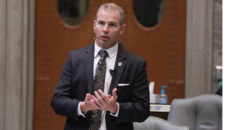JEFFERSON CITY, Mo. — Local governments will be prohibited from creating rules for agricultural operations stricter than those already imposed at the state level under legislation approved by the Missouri General Assembly.
On Tuesday, SB 391, championed by Sen. Mike Bernskoetter, was truly agreed and finally passed with a 103-44 vote in the House. The measure passed the Senate last month in a 23-11 vote.
“This comes down to a simple question in my mind: Do we or do we not want to promote the agricultural economy in Missouri?” said Rep. David Gregory.
The legislation focuses on concentrated animal feeding operations (CAFOs) — commonly referred to as feedlots or farms — where a large amount of livestock is confined for more than 45 days of the year. Missouri has a number of cattle, hog, and poultry operations which fall under the definition of a CAFO. As far as experts are aware, the Show-Me State has no qualifying sheep farms.
SB 391 prohibits any county commission or health center board from establishing ordinances or other rules on feedlots that are more stringent than those already in place at the state level. Proponents argued the legislation would be beneficial to farmers — particularly smaller operations — by cutting red tape and creating more uniform standards.
“I don’t believe we should shut out the small guy, but I don’t believe we should shut out the large guy either,” said Rep. Hannah Kelly.
She said when it comes to farming, it’s personal. She has watched farmers cry and ask what they can sell off to pay the bills, and she has witnessed family farms shuttered after an economic downturn.
It’s because of those encounters, Kelly said, that she supports the bill.
The bill isn’t just for the livestock industry in the state, according to Rep. Don Rone. Different sectors of agriculture are interconnected, with crop growers producing the feed for livestock producers, Rone said, specifically pointing to the porcine epidemic diarrhea virus (PEDV). The fatal virus wiped out more than 7 million hogs when it swept through the U.S., and thus, the demand for soybeans went down.
“Our state and the [U.S. Department of Agriculture] are more capable of handling these issues than a county court,” said Rone.
But, Democrats argued the measure takes away control from local municipalities.
“We are talking about 20 counties,” said Rep. LaKeySha Bosley. “I think this is an extreme overreach of this body to regulate what these localities can do with their ordinances.”
Those opposed to the bill unsuccessfully tried to amend the legislation. Rep. Tracy McCreery, the ranking member of the House Agricultural Policy Committee, failed to attach an amendment requiring local approval.
She argued the bill, as passed by the Senate, could cause Missouri to “go from a clean state to a dirty state very quickly.” McCreery said she feared foreign companies will come to the state, “rape and pillage” the land, and then leave.
Fellow Democratic Rep. Doug Beck sought to ease those concerns by amending the bill to prevent foreign businesses from purchasing agricultural land in Missouri. The amendment failed as well.
“All the CAFOs in Missouri are family owned,” Rep. Dean Plocher countered.
The House ultimately made no changes to the bill and sent it to the governor’s desk. Several praised the General Assembly’s action, with Gov. Mike Parson calling it a big win for Missouri farmers and ranchers.
“Not only will it help farms and farm families, but it will help local economies,” Bernskoetter told the Missouri Times.













